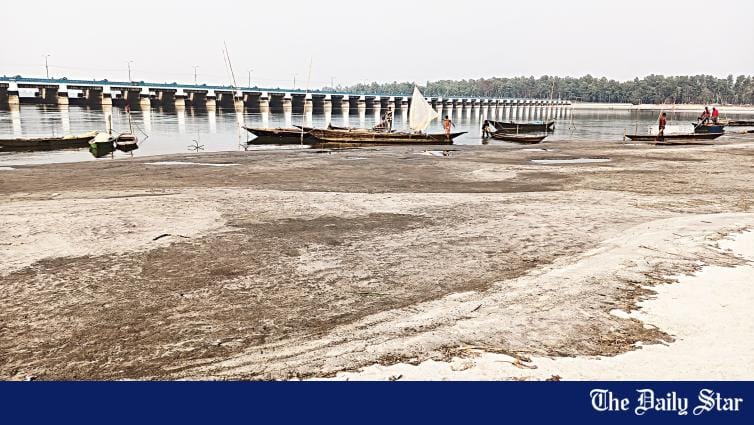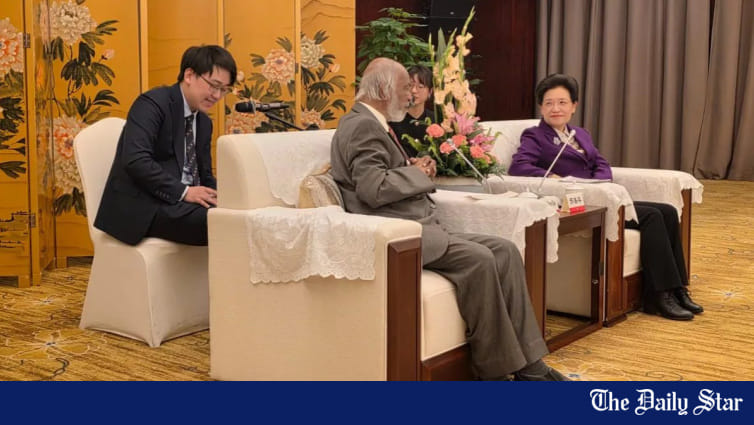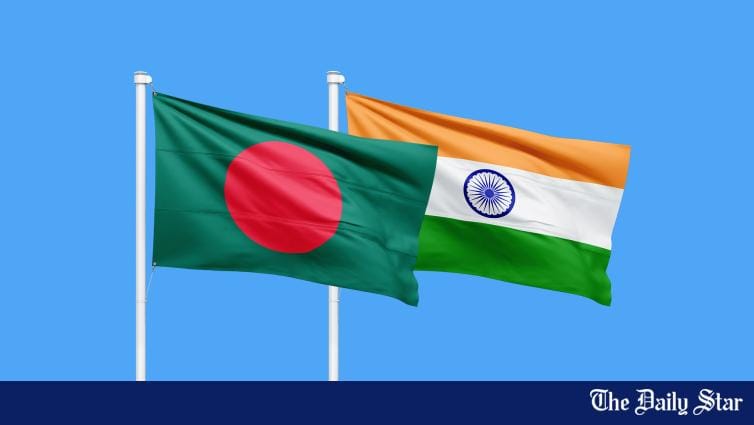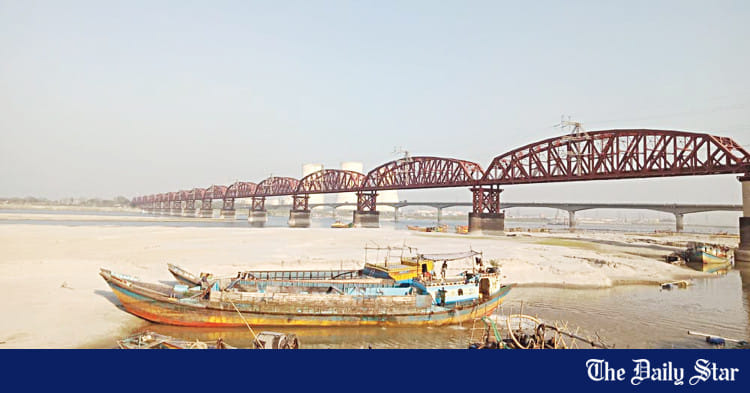Krishna with Flute
Senior Member
- Joined
- Jan 26, 2024
- Messages
- 3,901
- Reaction score
- 1,730
- Points
- 209
- Axis Group


China wants Bangladesh to start Teesta project early
Chinese ambassador to Bangladesh Yao Wen on Tuesday said that China was aware of the hardship of people living on the Teesta banks and wanted the planned development project on the trans-boundary river to start soon.www.newagebd.net
China wants early start of Teesta project
Staff Correspondent 18 February, 2025, 23:47
View attachment 14555
File photo
Chinese ambassador to Bangladesh Yao Wen on Tuesday said that China was aware of the hardship of people living on the Teesta banks and wanted the planned development project on the trans-boundary river to start soon.
Addressing a media briefing at the Chinese embassy in Dhaka, he said China was ready to provide assistance in the implementation of the Teesta River Comprehensive Management and Restoration Project, which was hanging in balance as India showed its willingness to support the same during the Sheikh Hasina government in the past year.
He said that China was willing to implement the Teesta project in phases under the government-to-government cooperation and offered to begin the project with flood protection work in 2021.
‘We did not get any feedback yet to implement the Teesta project under the G-to-G cooperation,’ the Chinese envoy said.
Responding to a question, Yao Wen said that China was awaiting response from the Bangladesh side regarding the implementation of the project over the River Teesta flowing through the country’s northern districts from upper riparian India.
‘We are ready to provide assistance in the implementation of the project,’ he said.
When his attention was drawn to the Bangladesh Nationalist Party’s two-day ‘Teesta River protection movement’ in Rangpur division ending on the day, the Chinese ambassador said that they were aware of the hardship of the people living on the Teesta banks.
‘We want the project start soon—either by China or by Bangladesh herself…It’s Bangladesh’s project,’ Yao Wen said.
Sharing the outcomes of Bangladesh foreign adviser Md Touhid Hossain’s recent visit to China, the Chinese ambassador said that China was awaiting a specific proposal for establishing a hospital in Dhaka while the first group of patients from Bangladesh would leave for Kunming this month before Ramadan where three top ranking hospitals were already dedicated for Bangladesh.
He said that travel agencies concerned would offer ‘package service’ incorporating visa processing and all other costs.
Asked about Bangladesh’s request for lowering interest rate for Chinese loans, he said that their interest rate was not more than 2–3 per cent and the rate was universal. ‘China does not attach any conditions,’ he said, adding that it was also cost-effective.
Regarding China’s position on Rohingya crisis at present as international funds for the displaced people sheltered in Bangladesh was diminishing, Yao Wen said that China would continue to help in repatriation of the Rohingyas to their homeland Myanmar.
He said that Touhid Hossain’s bilateral talks during the official visit to China in January was the first high-level meeting, effectively advancing the relations between the two countries after the interim government led by Professor Muhammad Yunus took over following the ouster of Sheikh Hasina on August 5.
During the regime of deposed prime minister Sheikh Hasina, India in May past year expressed its willingness to support a mega development project on the Teesta inside Bangladesh, where China had already shown its interest and completed a survey there, which led the negotiation to a stalemate.
Later in June 2024, India announced that it would send a technical team to Bangladesh to discuss ‘conservation and management of the Teesta River in Bangladesh’ as the bilateral talks between Hasina and Indian prime minister Narendra Modi, then her Indian counterpart, ended in New Delhi without any breakthrough in the long pending water sharing deal on the common river.
New Delhi has long been foot-dragging on the Teesta water-sharing treaty with Dhaka, adversely affecting the lives and livelihoods of the people in the Rangpur region.
Originating in Sikkim in India and entering Bangladesh through Lalmonirhat, the 315-kilometre-long Teesta travels more than 150 kilometres through half a dozen other districts, including Rangpur, Gaibandha, Nilphamari and Kurigram, before merging with the River Jamuna at Fulchhari.
BD can take help of China for Tista water management.













